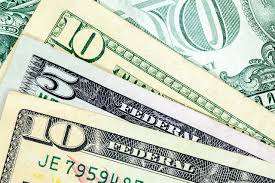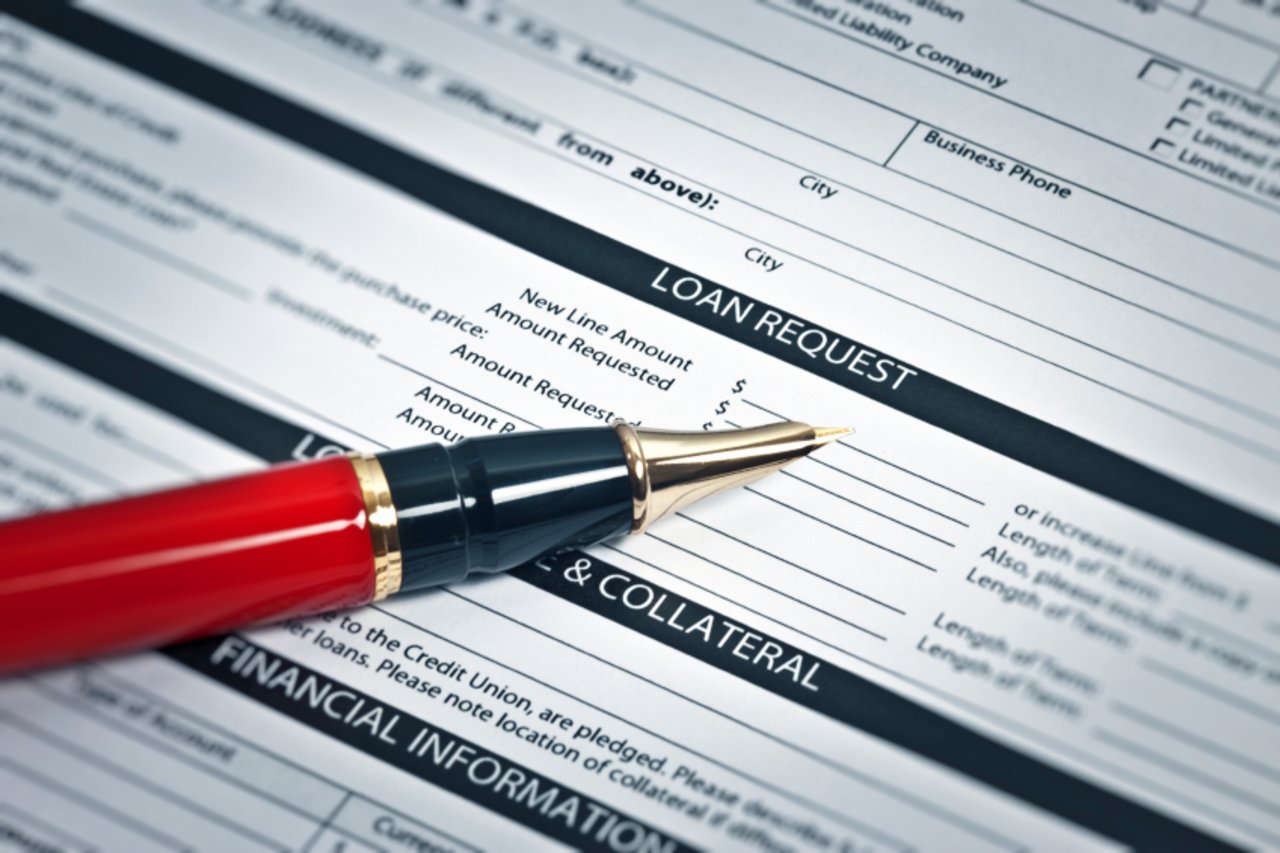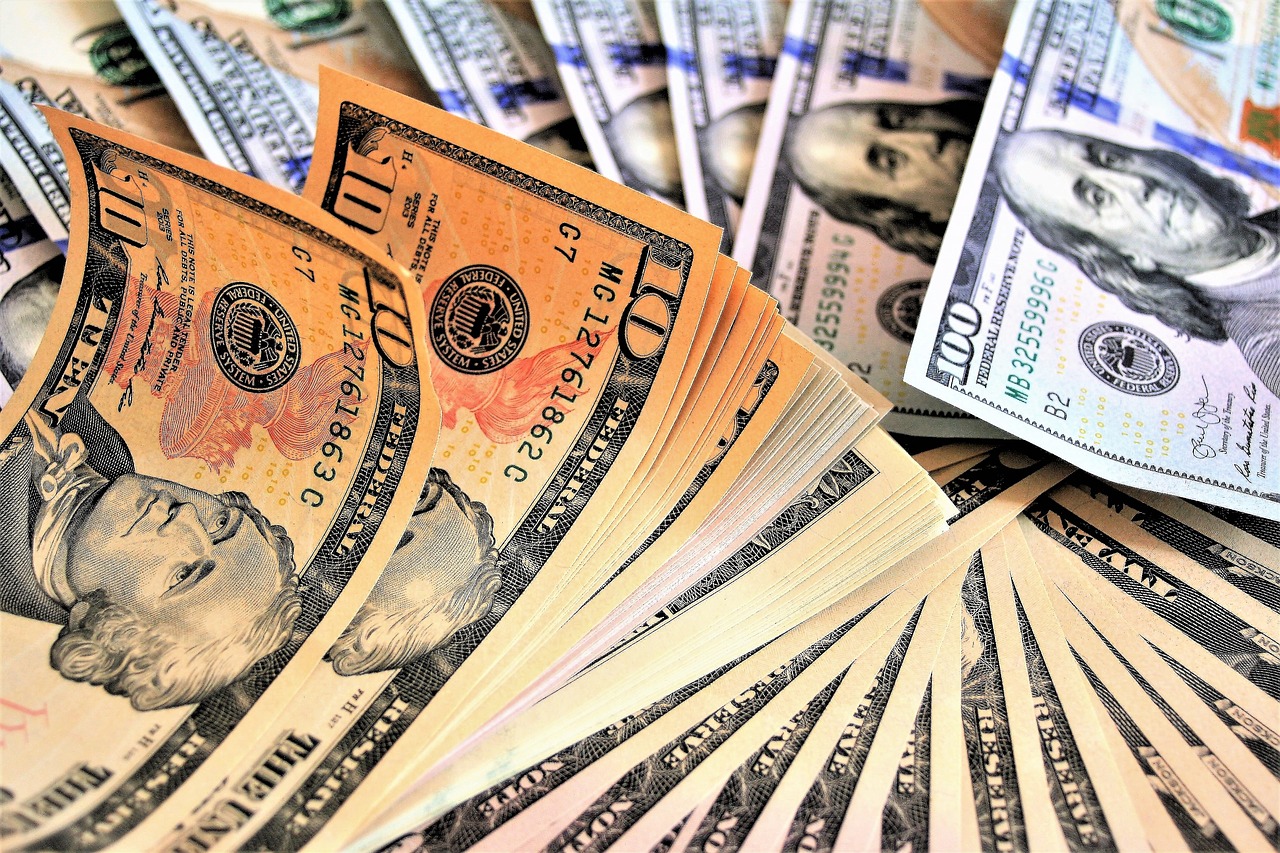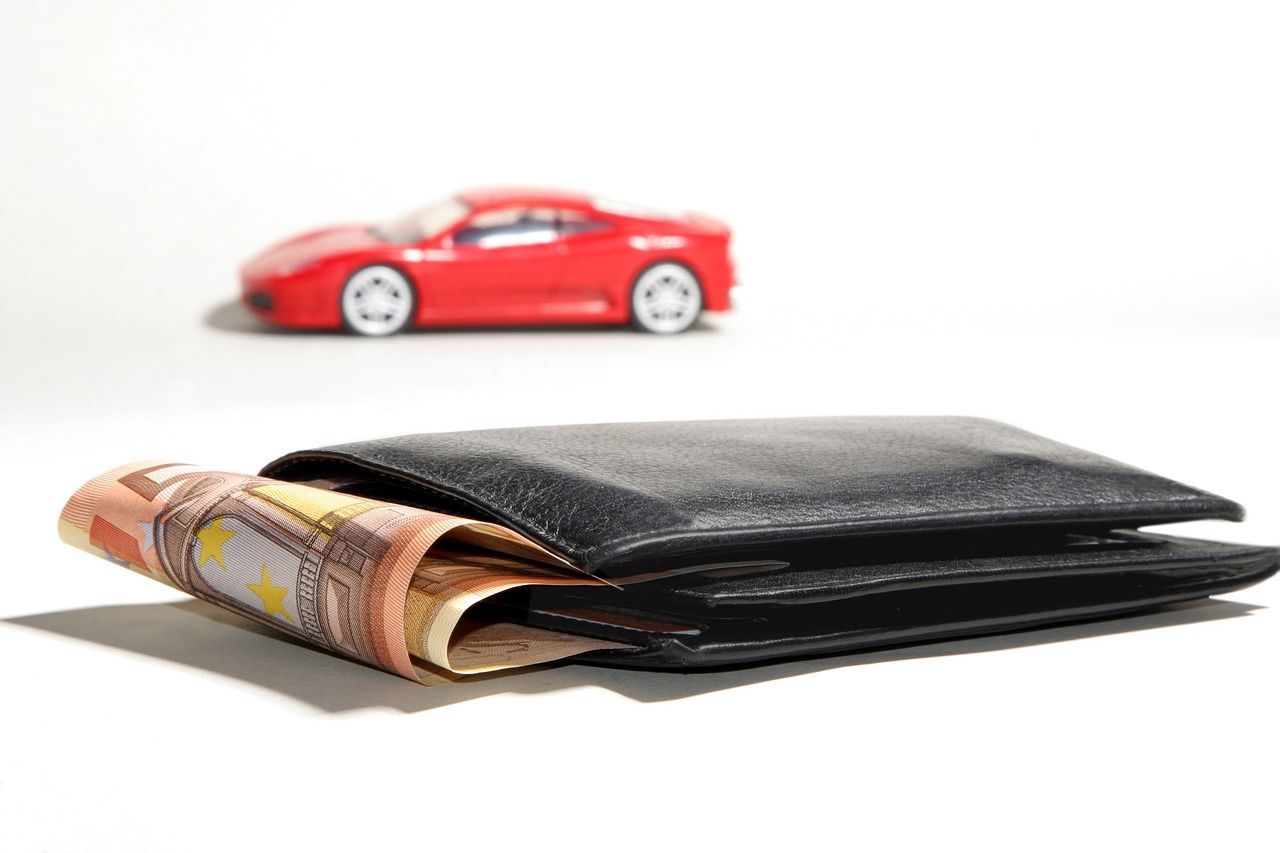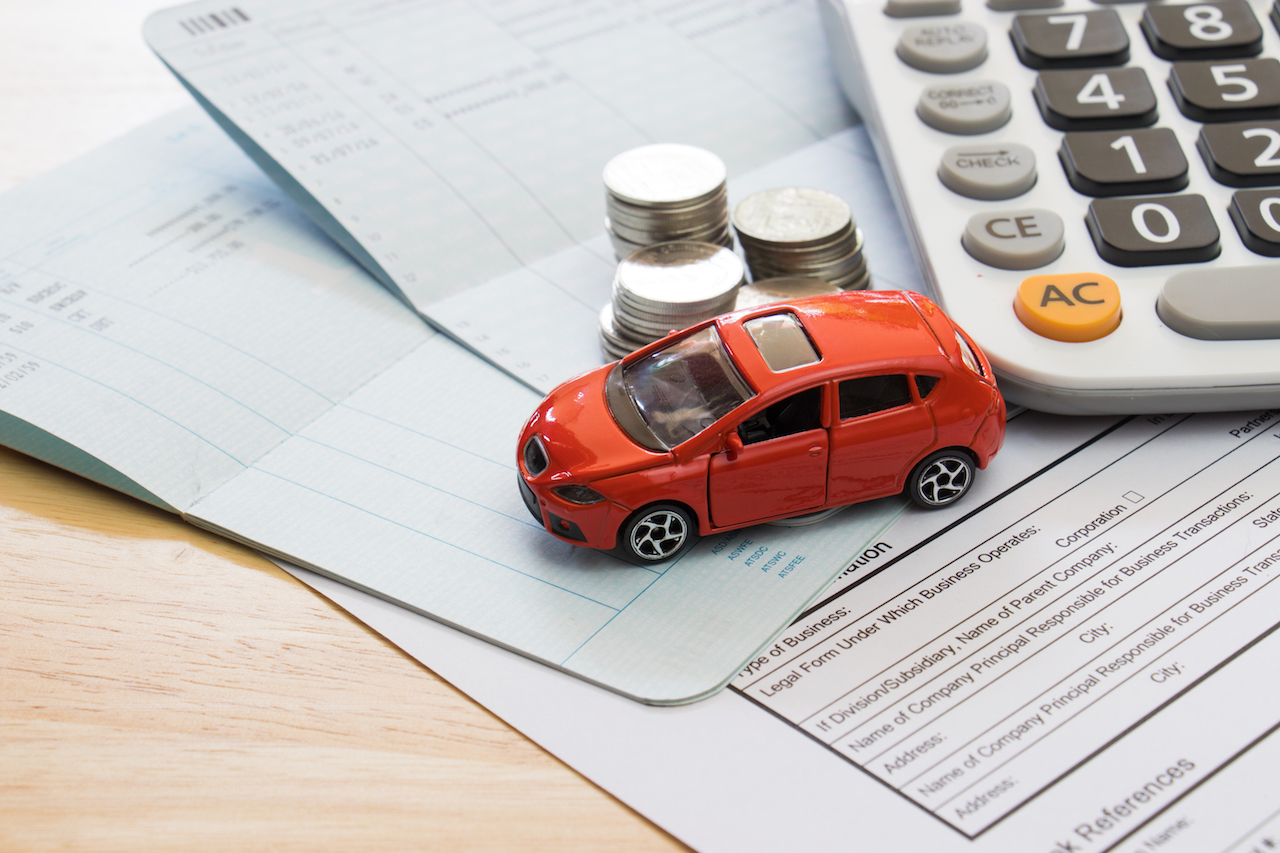If you’re shopping for a new car loan, your credit score is one of the biggest factors as to whether or not you’ll be approved for the loan. Employment history and length at residence are also important, but they are not as important as your credit score.
If you have a solid employment history, more than enough income, have been at the same residence for over 3 years, yet have a very low credit score it is unlikely you’ll get approved for the loan you’re looking for. If you do get approved, it’s likely you’ll end up paying a very high interest rate, possibly the state maximum.
Credit Scores
-
- Below 550
It’s unlikely you’ll be approved for a traditional car loan. If you get a loan it will be through non-traditional means. You’ll have to show a solid employment history to a buy here pay here type lender. You’ll probably pay bluebook or higher for a vehicle (the dealer will not haggle with you) and you’ll probably pay the state maximum interest rate.
This is not a situation you want to be in. Save your money and pay cash for a vehicle if you can.
-
- 500 – 600
It is very unlikely you will be approved for a traditional car loan. If you are approved, you’ll probably be assessed the state maximum interest rate.
-
- 600 – 650
With some searching, you can probably find a traditional car loan. You will have to verify income and your interest rate will be high. However, it will probably be below the state maximum.
-
- 650 – 700
You should qualify for a traditional car loan at an average interest rate.
-
- 700+
You will qualify for a traditional car loan and you probably won’t have to verify your employment income, unless you are self-employed. The closer your score is to 800 or higher, the more likely you are to receive the lowest rate possible.
About Your Credit Score
There are several components to your credit score. Some things you can quickly influence. Other components take quite a while to change. In general, greatest emphasis is placed upon what has happened in the past 2 years.
-
- 35% of your credit score is based on your payment history.
-
- 30% of your credit score is based on your outstanding balances (amounts owed to creditors)
-
- 15% of your credit score is based on how deep your credit history is (how many years of records).
-
- 10% of your credit score is based on how much new credit you’ve taken on.
- 10% of your credit score is based on your current credit mix (types of loans).
As you can see, your payment history is the most important. Pay your bills on time. If you follow this simple rule, in around 2 years your credit score will greatly improve. By doing this, you’ll also impact the second most important criteria: outstanding balances. As you pay your balances down, your credit score increases. You will usually see a nice bump in your credit score once all outstanding balances are 80% or less their original amount (you’ve paid everything off by at least 20%).
Credit cards are treated a bit differently. You want to keep all credit card balances at or below 35% of their credit limit. If you’ve got 3 credit cards and they’re all maxed out, this will really hurt your credit score. If you pay each of them down to less than 35% of their credit limit, you can drastically increase your credit score. How much your score goes up depends on how much available credit you have. However, most people will see a credit score increase of 50 to 150 points.
Be wary of companies out there that offer to fix your credit. There is only one real way to fix a bad credit report: stop abusing your credit. Pay your bills on time. Pay off any outstanding collections. Pay credit cards down to less than 35% of their credit limit. Pay down any installment loans to less than 80% of their original amount. If you follow these simple and easy tips, in about 2 years you can expect a credit score in the mid 700s or higher.




